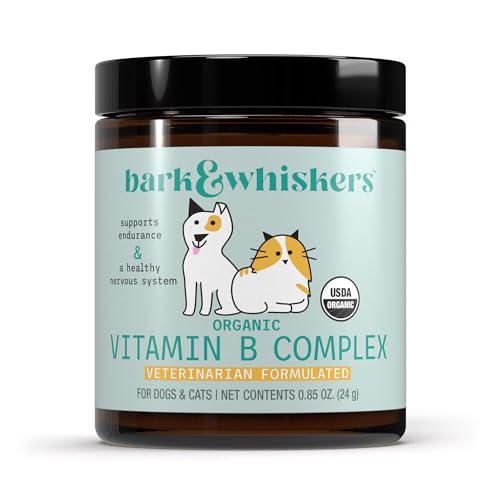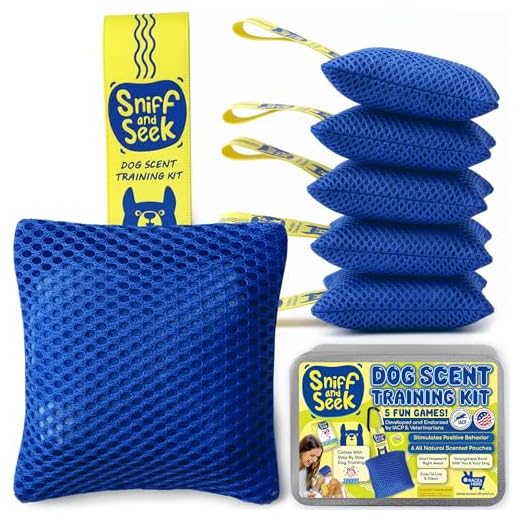




Observing a canine indulging in the unpleasant habit of consuming excrement can be quite shocking. This behaviour, often termed coprophagia, stems from various factors that can be both biological and environmental. One significant reason behind this inclination is nutritional deficiency. If a pet lacks specific nutrients or enzymes, it may instinctively seek out alternative sources, which can include the droppings of other animals.
Another aspect to consider is behavioural curiosity and exploration. Young canines, much like toddlers, often explore their surroundings using their mouths. This can lead them to ingest things that humans would typically find unpalatable. Additionally, in some cases, the behaviour may be a learned habit, especially if the pet observes other animals engaging in similar actions.
Providing a balanced diet tailored to your companion’s needs is essential. Regular veterinary check-ups can also help identify any underlying health issues that may contribute to this behaviour. If you notice this habit becoming problematic, redirecting their attention with engaging toys or training can be beneficial. It’s crucial to approach this situation with understanding rather than disgust, as it reflects instinctual behaviours rather than a lack of training or discipline.
Understanding the Behaviour: Reasons Behind Coprophagia
To address this puzzling behaviour, consider the following factors that might contribute to the consumption of waste material.
Nutritional Deficiencies
A common reason for this habit lies in inadequate nutrition. Some animals may instinctively seek out faeces to obtain missing nutrients. A balanced diet is crucial.
- Ensure high-quality food with proper protein levels.
- Include digestive enzymes to aid absorption of nutrients.
- Consult a vet for potential deficiencies, particularly in vitamins and minerals.
Behavioural Influences
Behavioural aspects can also play a significant role in this phenomenon. Stress, anxiety, or boredom may lead to this unusual dietary choice.
- Increase physical activity through walks and playtime.
- Incorporate mental stimulation with interactive toys.
- Monitor for signs of stress and address them promptly.
Addressing these factors can help modify this behaviour effectively. Regular vet check-ups and a tailored approach to diet and activities will contribute significantly to a healthier lifestyle for your pet.
Health Implications: What Consuming Faeces Means for Your Pet
Frequent ingestion of excrement can lead to a range of health issues. Parasitic infections are among the most concerning. Worms and protozoa, often present in faecal matter, can be transmitted, resulting in gastrointestinal problems. Regular veterinary check-ups are essential to monitor for these parasites, especially if the habit is noticed.
Additionally, exposure to harmful bacteria poses a risk. Pathogens like Salmonella and E. coli, commonly found in stool, can cause severe digestive disturbances. Keeping vaccinations and deworming up to date can mitigate this risk. If digestive upset occurs, consult your vet promptly to address any potential infections.
Nutritional Deficiencies and Behavioural Concerns
In some cases, consuming waste may indicate nutritional deficiencies. If a pet’s diet lacks vital nutrients, they might seek alternative sources. Evaluating their food quality and ensuring it meets their dietary needs is crucial. For instance, why is neutered dog food more grms than normal can provide insights into nutritional adjustments that could be beneficial.
Behavioural aspects also play a role. Stress, anxiety, or boredom can trigger this unwanted behaviour. Engaging in regular play, providing mental stimulation, and reducing stressful situations can help alleviate the urge. Observing and understanding triggers is key to modifying this behaviour.
Preventive Measures: How to Stop Your Dog from Eating Poop
One of the most effective strategies I discovered is to keep the area clean. Regularly picking up after your furry friend can significantly reduce opportunities for this habit to develop. I remember the first time I noticed my pup snacking on something he shouldn’t; it motivated me to be more vigilant during walks and in the yard.
Another approach involves training. Teaching commands like “leave it” or “no” can be beneficial. I started incorporating these commands during our regular training sessions, rewarding him with treats when he obeyed. Consistency is key, and the positive reinforcement worked wonders.
Diet plays a role as well. Ensuring your companion receives a balanced diet can sometimes mitigate the urge to consume waste. I switched to a high-quality brand after realising my dog seemed hungrier than usual even after meals. It made a noticeable difference in his behaviour.
Engagement is crucial. Keeping your pet mentally and physically stimulated can divert attention from undesirable behaviours. I found that adding more playtime and interactive toys kept my pup occupied, leaving less time for him to explore the less-than-pleasant options in the yard.
Lastly, consider consulting a veterinarian if the habit persists. They can rule out underlying health concerns or suggest specific solutions tailored to your companion’s needs. During my experience, a quick chat with our vet provided insights that helped address this behaviour effectively.
Dietary Considerations: Can Nutrition Influence This Habit?
Ensuring a balanced diet significantly impacts the likelihood of this peculiar behaviour. A nutritious meal rich in protein, fibre, and essential vitamins can reduce the urge for consuming waste. High-quality dog food, tailored to an individual’s age and activity level, is crucial. When I switched my pet’s diet to a premium brand, I noticed a marked decrease in scavenging behaviours. It’s fascinating how the right nutrients can alter habits.
The Role of Nutritional Deficiencies
Deficiencies in certain nutrients, like enzymes or vitamins, may drive an animal to seek alternative food sources, including faeces. For instance, a lack of B vitamins can signal hunger even after a meal. I learned this when my previous furry friend developed a penchant for foraging after his food was lacking in vital nutrients. Supplementing with a high-quality vitamin complex transformed his behaviour almost overnight.
Feeding Frequency and Portion Control
Adjusting feeding schedules can also play a role. Smaller, more frequent meals can keep appetites satiated, thereby lessening the likelihood of searching for unwanted snacks. After altering my pet’s feeding routine to three smaller meals per day, I noticed a distinct reduction in his interest in undesirable treats. Observing how meal timing affects behaviour can lead to better habits.







